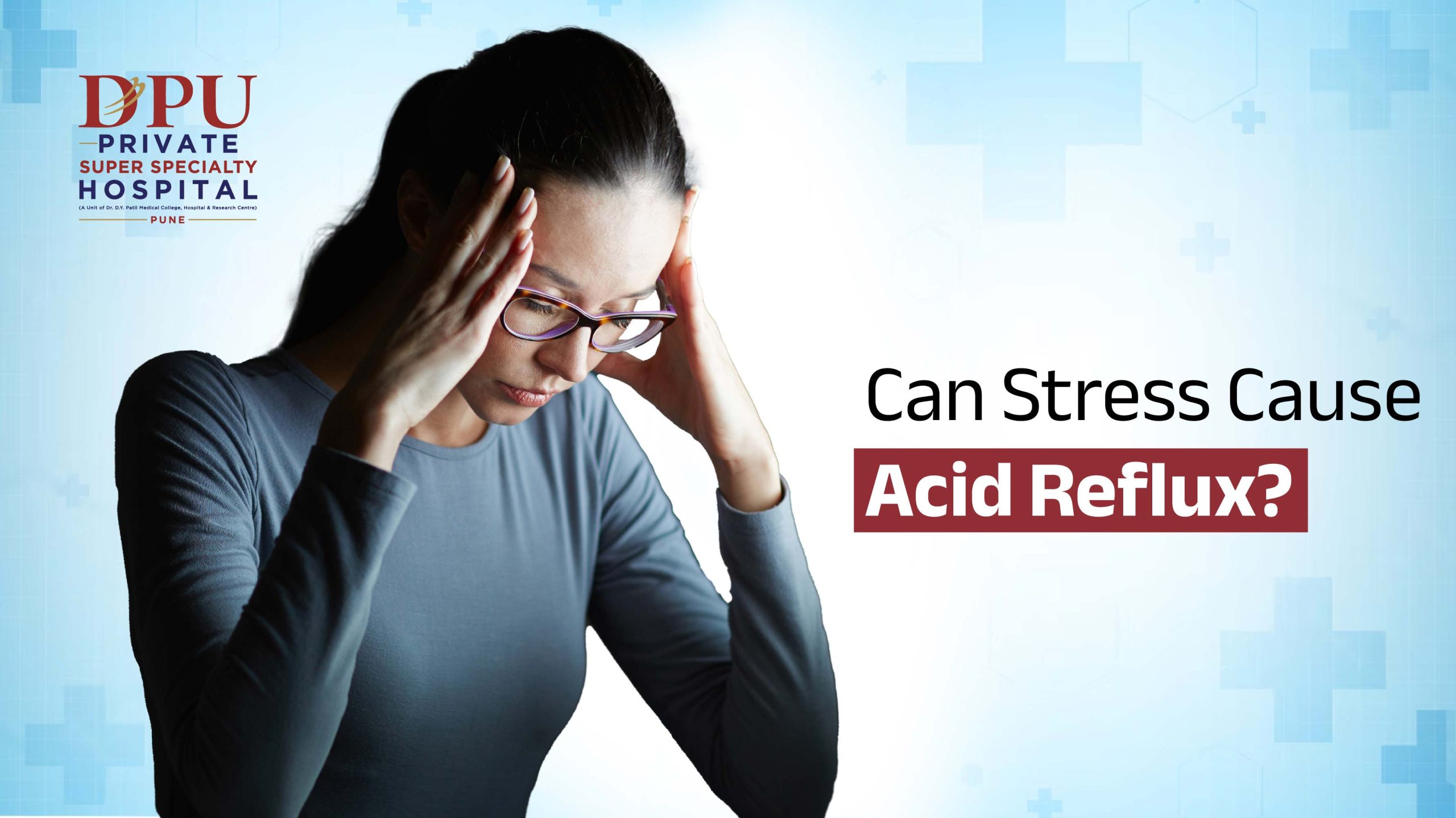WriterSujatha – Stress affects not only your mental health but also your digestive system. Many people notice that during times of emotional pressure, they experience symptoms like heartburn, bloating, or a burning sensation in the chest. These symptoms are often signs of acid reflux or GERD (Gastroesophageal Reflux Disease) — and stress can be a major trigger.
What Is Acid Reflux?
Acid reflux occurs when stomach acid flows back into the esophagus, the tube that connects your mouth and stomach. This backflow happens when the lower esophageal sphincter (LES) — a muscle that usually closes tightly after food enters the stomach — becomes weak or relaxes inappropriately.
Common symptoms include:
- Burning sensation in the chest (heartburn)
- Sour or bitter taste in the mouth
- Difficulty swallowing
- Chest discomfort
How Stress Affects the Stomach
When you’re stressed, your body releases stress hormones such as cortisol and adrenaline. These hormones can:
- Increase stomach acid production
- Slow down digestion, causing bloating and pressure
- Weaken the LES, making it easier for acid to escape
- Heighten your sensitivity to pain, making heartburn feel worse
The Stress-Acid Reflux Cycle
Stress doesn’t directly cause acid reflux, but it can worsen symptoms or trigger flare-ups. This can create a cycle:
- Stress leads to reflux
- Reflux causes discomfort and anxiety
- Anxiety increases stress
- Symptoms get worse
This loop can make managing acid reflux more difficult without addressing both the physical and emotional sides of the problem.
How to Manage Stress-Related Acid Reflux
To reduce symptoms:
- Practice relaxation techniques like deep breathing, meditation, or yoga
- Get regular exercise to help regulate digestion and stress levels
- Avoid trigger foods such as caffeine, spicy foods, and fatty meals
- Eat slowly and don’t lie down right after meals
- Try to get enough sleep
- Talk to a doctor about medications or therapy if symptoms persist
Final Thoughts
Stress and acid reflux are closely linked. If you find your symptoms worsen during emotional or mental strain, it’s important to manage both your stress levels and digestive health. A balanced lifestyle, proper diet, and stress management can go a long way in reducing discomfort.
